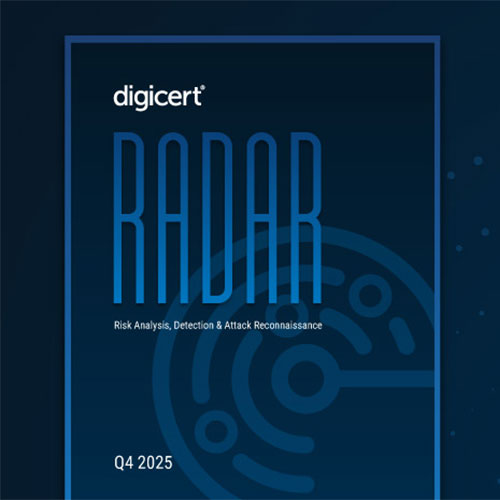
The EU's Digital Markets Act (DMA) aims to promote fair competition in the digital marketplace by enforcing strict regulations on leading tech companies such as Alphabet, Amazon, Apple, Meta Platforms, Microsoft, ByteDance, and Booking.com
US House Judiciary Committee Chairman Jim Jordan has called for clarification from Teresa Ribera, the European Union’s Antitrust Chief, regarding the enforcement of the EU’s Digital Markets Act (DMA) and Digital Services Act (DSA). His concerns follow the recent signing of a memorandum by US President Donald Trump, expressing a commitment to scrutinize the EU’s digital regulations, which govern how American companies engage with consumers in the EU.
The DMA, which aims to ensure fair competition in the digital space, outlines strict rules for major tech companies such as Alphabet, Amazon, Apple, Meta Platforms, Microsoft, ByteDance, and Booking.com. It sets parameters for their operations, targeting anti-competitive behaviour to promote consumer choice. However, US lawmakers have raised alarms that the DMA may disproportionately burden US firms, while offering an advantage to European companies.
US lawmakers challenge EU’s DMA impact
In a letter to Ribera, Jordan, alongside Scott Fitzgerald, Chairman of the Subcommittee on Administrative State, Regulatory Reform, and Antitrust, questioned the fairness of the DMA. They criticized the law's significant penalties, with fines potentially reaching up to 10% of a company’s global revenue for non-compliance. The lawmakers argued that the act functions as a "European tax" on American companies and could compel businesses to adhere to European regulations worldwide.
Further, the letter expressed concerns that certain aspects of the DMA could benefit Chinese firms. Jordan and Fitzgerald warned that the regulations could hinder innovation, discourage research and development, and allow valuable data to be transferred to foreign competitors and adversarial nations, including China.
The lawmakers have requested that Ribera appear before the Judiciary Committee by March 10 to address their concerns. The European Commission, where Ribera holds a senior position under President Ursula von der Leyen, has denied claims that the DMA specifically targets US companies. In a recent interview, Ribera stated that the EU would not make changes to the legislation despite external pressure.
See What’s Next in Tech With the Fast Forward Newsletter
Tweets From @varindiamag
Nothing to see here - yet
When they Tweet, their Tweets will show up here.





























